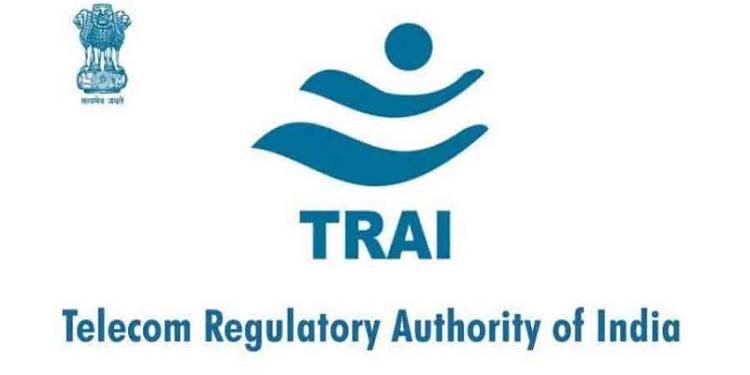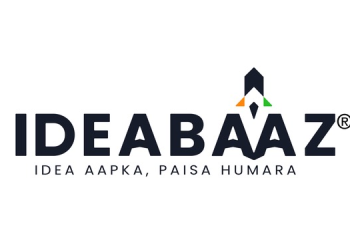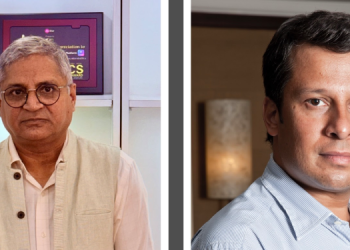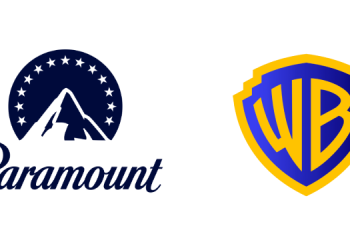Mumbai: In a major development for DTH and set-top box users, the Telecom Regulatory Authority of India (TRAI) has unveiled recommendations that will provide much-needed relief to consumers. Under the new framework, users will no longer need to replace their set-top boxes when switching between service providers. Previously, switching from one DTH service like Tata Sky to another, such as Airtel, required customers to purchase an entirely new set-top box. Now, the interoperability of set-top boxes will eliminate this inconvenience.
The recommendations, part of TRAI’s comprehensive framework for broadcasting services under the Telecommunications Act of 2023, also advocate for the voluntary sharing of infrastructure between broadcasters. These changes aim to streamline operations and reduce unnecessary costs. The new Act, which replaces the outdated Telegraph Act of 1885, seeks to bring the broadcasting sector in line with modern requirements, spurring growth and simplifying the process for both service providers and consumers.
TRAI’s recommendations seek to address several key areas, including:
Interoperable Set-Top Boxes: The initiative allows consumers to use the same set-top box when switching service providers, minimizing the need for additional equipment.
Infrastructure Sharing: TRAI promotes voluntary infrastructure sharing between broadcasters and telecom operators, with an emphasis on technical and financial feasibility, in a bid to improve operational efficiency and reduce duplication of resources.
Lower Net Worth Requirement for IPTV Providers: TRAI has proposed a reduction in the minimum net worth requirement for IPTV service providers, making it easier for new players to enter the market and expand offerings.
One of the key goals of these recommendations is to reduce the environmental impact by minimizing electronic waste. By allowing consumers to retain their existing set-top boxes, TRAI seeks to lower the number of discarded devices, contributing to a greener ecosystem while maintaining ease of use for customers.
In addition to the changes surrounding set-top boxes, TRAI’s recommendations also include calls for improvements in the technical capabilities of radio broadcasting services, which could further enhance user experiences.
In a related move, TRAI has also tightened regulations to address unsolicited commercial communication (UCC). The authority has introduced hefty fines, including penalties of up to Rs 10 lakh for entities that violate rules related to marketing calls. Additionally, the launch of a new Do-Not-Disturb (DND) app allows mobile users to customize their preferences and take greater control over unwanted marketing calls.

















